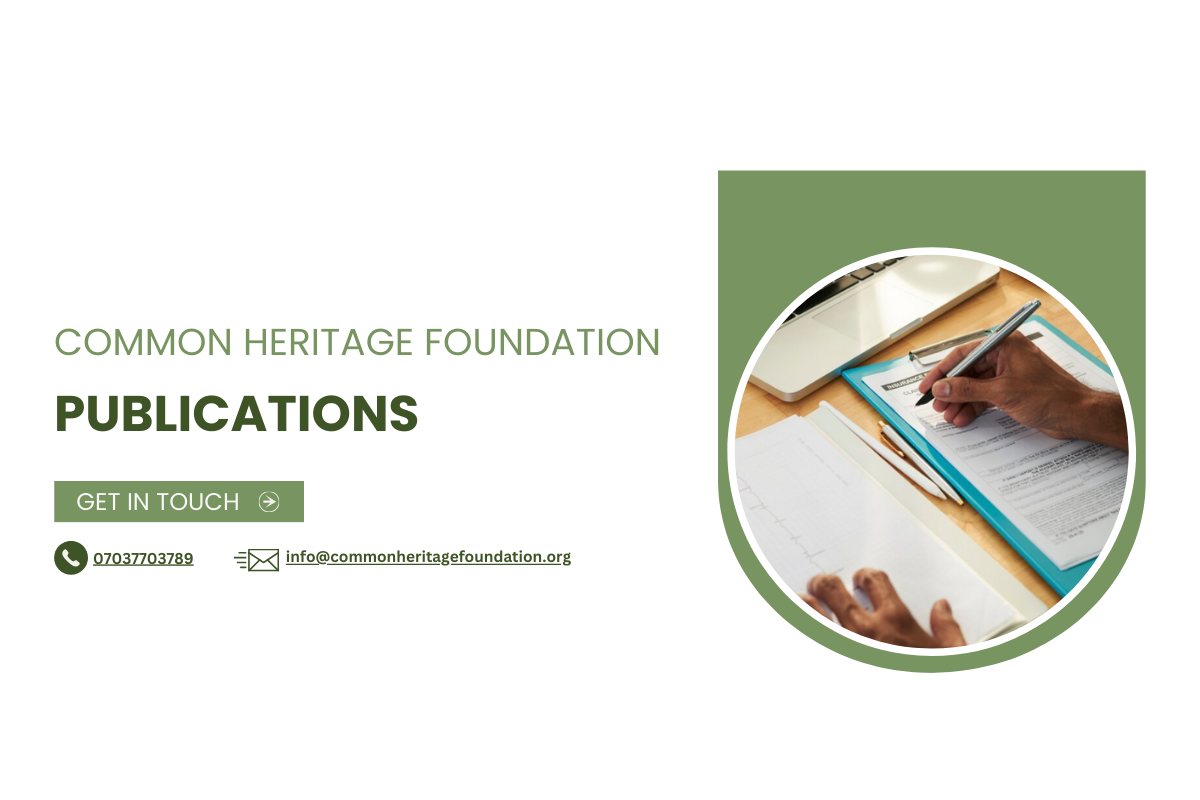Human Behaviour, Water usage and Schistosomiasis transmission in a small settlement near Yola Nigeria
A study of the social, environmental and parasitological factors involved in the transmission of schistosomiasis among 1834 residents of a small settlement within an agricultural establishment near Yola, Nigeria, was carried out between June 1991 and May 1992.
Water-contact rates and the prevalences of urinary schistosomiasis and intestinal schistosomiasis (40.0% of all contacts, 98% and 79%, respectively) were highest among children of 5-12 years, who were also the major contributors to the contamination of the Lake Geriyo environment with faeces and urine.
The frequency and duration of water contact followed a seasonal pattern and seemed to be influenced by physiological and social needs such as defecation, urination and avoidance of harsh weather conditions.
The interplay between a need for water contact, sanitation, freshwater snails and a supportive environment ensures a recycling of parasites within the studied community. This, in turn, helps to maintain a parasite bank from which infection is probably spread to other areas of the state. The present study is part of a series, on the dynamics of schistosomiasis transmission, which began with a study of the ecology of the freshwater snails in the same area.
Partners: World Health Organisation
Source: Human behaviour, water usage and schistosomiasis transmission in a small settlement near Yola, Nigeria – PubMed (nih.gov)
https://pubmed.ncbi.nlm.nih.gov/8758144/



